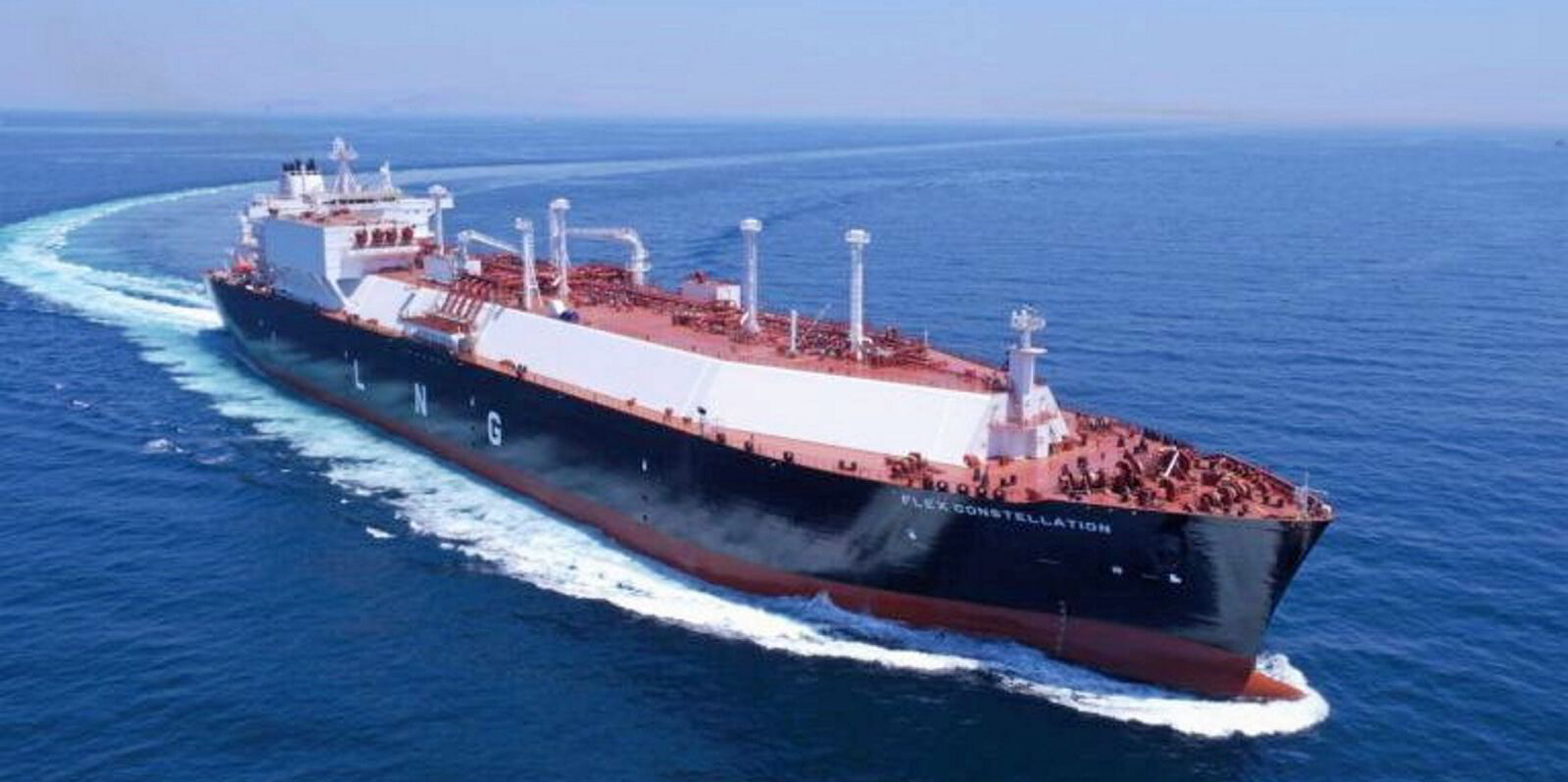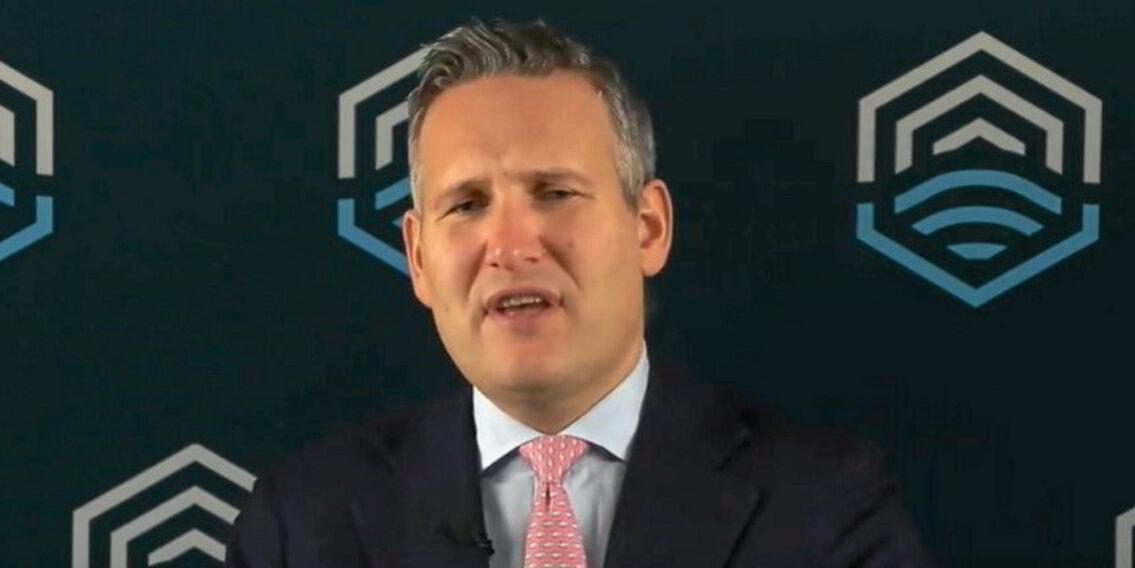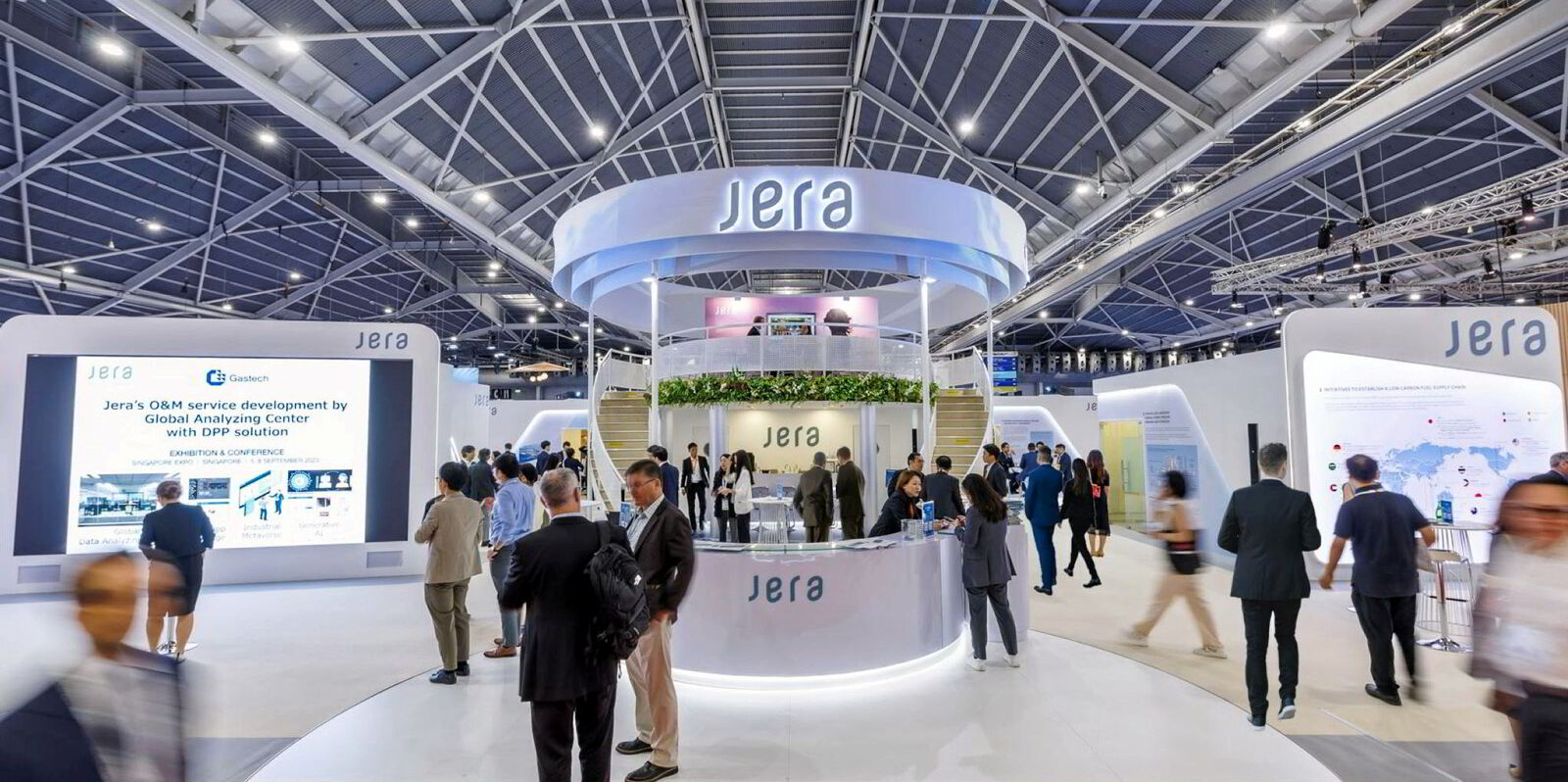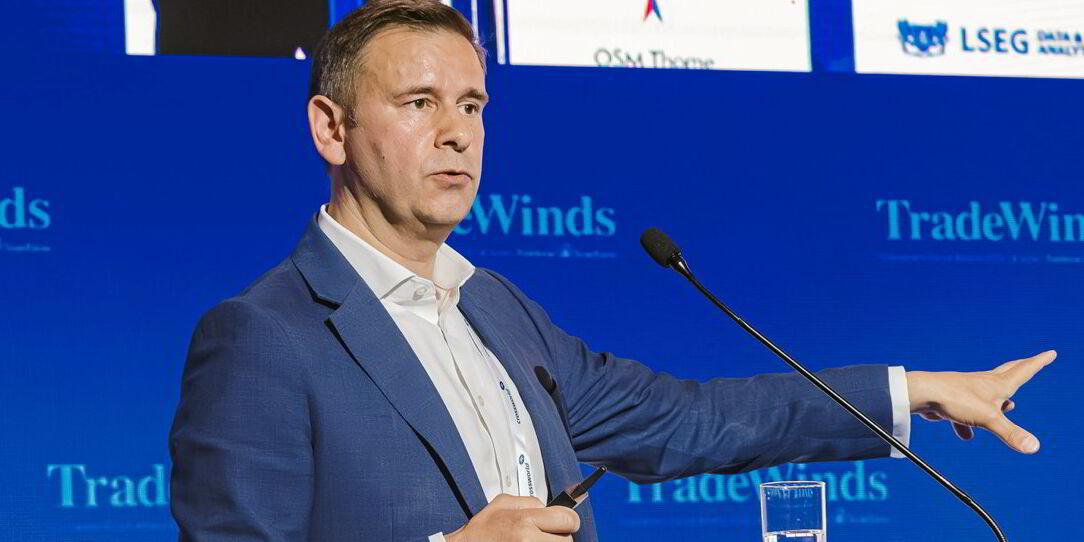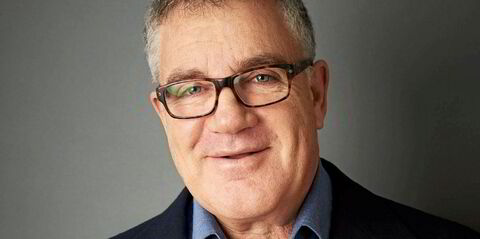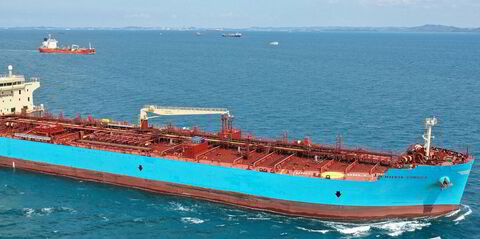John Fredriksen-controlled Flex LNG plans to offer a redelivering LNG carrier for charter from the end of the first quarter of 2025 after the vessel’s charterer decided not to take up an optional one-year hire period.
In a third-quarter results statement, Flex said that this month the charterer of its 173,400-cbm Flex Constellation (built 2019) sent notice it will not use the extension option.
Flex said the vessel is expected to be redelivered from the existing contract late in the first quarter of 2025 and then marketed for short and long-term contracts.
TradeWinds reported in May that Flex had chartered out the Flex Constellation on a 10-month charter with a one-year extension period to trader JERA.
Flex chief executive Oystein Kalleklev said at the time the company opted for a time charter over trading the ship on the spot market as it expected a more challenging freight market in the near term due to the glut of newbuilding deliveries.
JERA’s decision to duck the extension option is in contrast to that of energy major BP, which this month extended the hire on two of Flex’s LNG carriers, the 173,400-cbm Flex Courageous (built 2019) and Flex Resolute (built 2020), by up to 10 years on each vessel.
Kalleklev said today that this winter’s LNG freight market has come under pressure due to a combination of high fleet growth, relatively small arbitrage between Europe and Asia, marginal intra-month arbitrage disincentivising floating storage while export volume growth remains lacklustre at about 1%.
He said: “We have seen spot rates behaving totally different from the seasonal norm in the fourth quarter” with steam tonnage effectively traded out of the market.
But he said Flex has 100% charter coverage for the year and a substantial backlog with its exposure limited to one ship the 173,400-cbm Flex Artemis (built 2020) which is on a variable time charter linked to the spot market rates.
Kalleklev said the company expects only marginal changes in the fourth quarter with revenues expected to come in close to $90m.
For the remainder of 2024 and the full year 2025, respectively, the company said it has 7.7% and 13.8% exposure to the spot market respectively, depending on charterers’ exercising the extension options.
Flex saw its third-quarter net income slashed to $17.4m, a fall from the $45.1m reported in the same three months of 2023.
Revenue for the quarter was $90.5m, in line with company guidance of about $90m, but down on the $94.6m logged in the same period a year earlier.
Flex, which owns 13 modern two-stroke LNG carriers, reported average time-charter equivalent earnings of $75,426 per day for the third quarter.
It said spot rates for modern two-stroke vessels averaged $70,900 per day in the quarter, down from the $141,000 per day average in the same period last year.
The company said this has filtered through to the term market, softening short to mid-term charter rates.
For 2025, the company said its firm contract coverage is at 91% of its fleet.
Flex completed its announced $430m refinancing during the quarter.
Kalleklev said this has improved the company’s overall financing terms while raising net cash proceeds of $97m.
